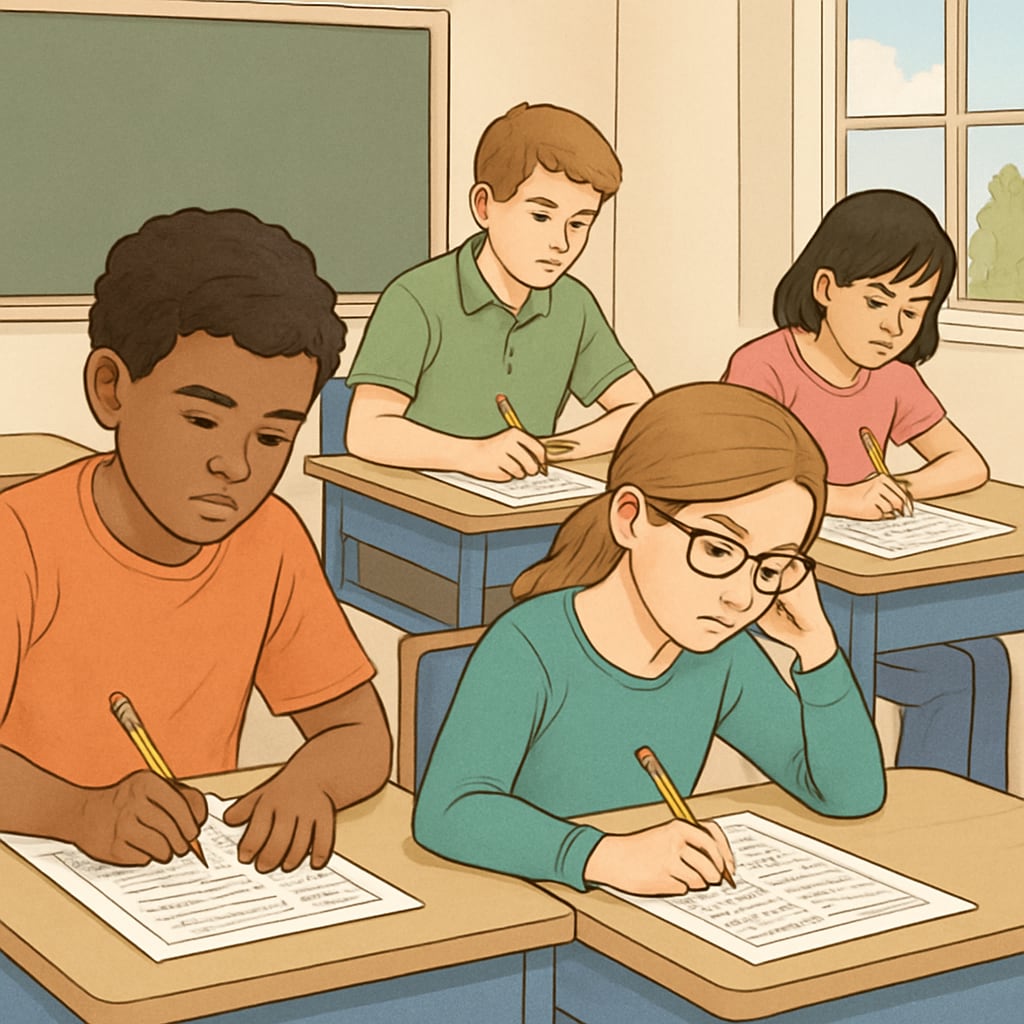Gifted programs, ADHD, and standardized testing are increasingly hot topics in education. While these programs aim to identify and nurture exceptional talent, their reliance on narrow selection criteria often excludes students with unique learning profiles, such as those with ADHD (Attention-Deficit/Hyperactivity Disorder). This systemic oversight raises concerns about how potential is defined and measured—and whether current practices truly serve all gifted learners.
Are Traditional Selection Processes Missing the Mark?
Gifted program selection often hinges on standardized testing scores and teacher referrals. While these measures may succeed in identifying students who fit conventional models of excellence, they frequently overlook children whose skills and intelligence manifest in less traditional ways. ADHD students, for example, may struggle with classroom behavior or sustained attention but excel in areas requiring creative problem-solving or hyperfocus on tasks of interest.
Standardized tests may occasionally highlight ADHD students’ strengths, yet their divergent learning styles often go unrecognized during broader evaluations. For instance, while an ADHD student might demonstrate exceptional aptitude in mathematics during a timed test, their classroom participation or organizational skills might not align with typical expectations, prompting educators to overlook their eligibility for gifted programs.

The Hidden Potential of ADHD Students
ADHD students possess unique traits that can contribute significantly to their potential as gifted learners. Their ability to hyperfocus, for example, allows them to delve deeply into topics they find engaging, often resulting in advanced knowledge or creative insights. Additionally, their tendency to think outside the box can lead to innovative solutions to complex problems.
However, rigid selection criteria fail to account for these strengths. Gifted programs often prioritize compliance, organization, and traditional academic achievement, inadvertently penalizing students whose talents emerge in unconventional ways. As a result, ADHD students who could thrive in enriched learning environments are left to navigate systems that fail to accommodate their needs.

Rethinking Gifted Program Criteria
To better support students with diverse learning profiles, educators and administrators must reconsider how giftedness is defined and assessed. Several alternative approaches could help address these gaps:
- Holistic Assessments: Incorporating evaluations of creativity, problem-solving abilities, and passion for specific subjects alongside standardized test scores.
- Flexible Criteria: Allowing for exceptions in cases where ADHD-related traits (e.g., hyperfocus or unconventional thinking) indicate strong potential.
- Teacher Training: Equipping educators to recognize the strengths of ADHD students and advocate for their inclusion in gifted programs.
- Parental Input: Including insights from parents, who often have a deep understanding of their child’s capabilities and interests.
By adopting these strategies, schools can create more inclusive gifted programs that recognize and nurture the full spectrum of talent in their student populations.
The Future of Gifted Education
As educational systems evolve, the importance of diversity in gifted programs cannot be overstated. ADHD students represent a vast reservoir of creativity, ingenuity, and intellectual potential that remains largely untapped due to outdated selection methods. By embracing more inclusive criteria, schools can ensure that these students have the opportunity to thrive and contribute meaningfully to their communities.
For educators, parents, and policymakers, the challenge lies in balancing traditional measures of academic success with a broader understanding of giftedness. This shift requires not only adjustments in testing and evaluation but also a cultural change in how society views intelligence and achievement. By doing so, we can pave the way for a more equitable and effective approach to gifted education.
As a result, ADHD students, along with others who defy conventional learning norms, will finally have a chance to shine in environments designed to cultivate their unique talents.
Readability guidance: Use concise paragraphs and subheadings to improve flow. Incorporate lists to summarize key points, and include over 30% sentences with transition phrases (e.g., however, therefore, for example). Avoid excessive reliance on passive voice.


